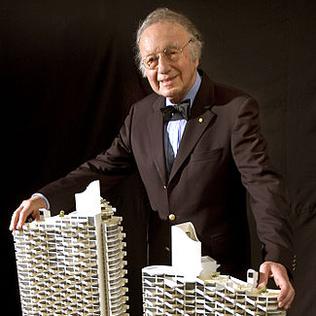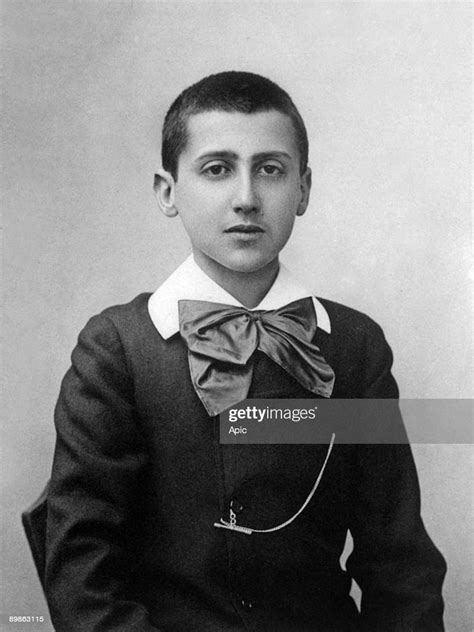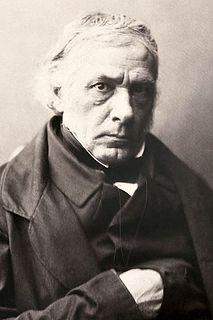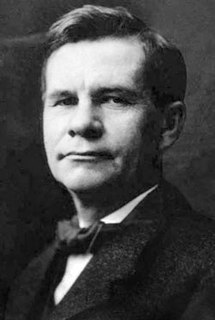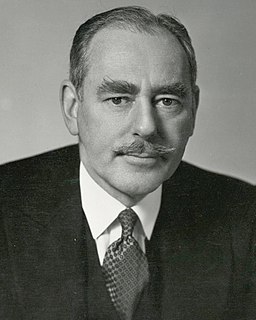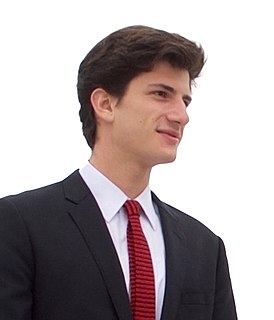A Quote by Harry Seidler
After about the first Millennium, Italy was the cradle of Romanesque architecture, which spread throughout Europe, much of it extending the structural daring with minimal visual elaboration.
Related Quotes
When we read with attention the poetical and philosophical monuments of the East--above all, those of India, which are beginning to spread in Europe--we discover there many a truth, and truths so profound, and which make such a contrast with the meanness of the results at which European genius has sometimes stopped, that we are constrained to bend the knee before the philosophy of the East, and to see in this cradle of the human race the native land of the highest philosophy.
Out of the Slow Food movement has grown something called the Slow Cities movement, which has started in Italy but has spread right across Europe and beyond. And in this, towns begin to rethink how they organize the urban landscape so that people are encouraged to slow down and smell the roses and connect with one another.
Like apples in a barrel infected by one rotten one, the corruption of Greece would infect Iran and all to the east. It would also carry infection to Africa through Asia Minor and Egypt, and to Europe through Italy and France, already threatened by the strongest domestic Communist parties in Western Europe. The Soviet Union was playing one of the greatest gambles in history at minimal cost. It did not need to will all the possibilities. Even one or two offered immense gains. We and we alone were in a position to break up the play.
World War Two was a world war in space. It spread from Europe to Japan, to the Soviet Union, etc. World War Two was quite different from World War One which was geographically limited to Europe. But in the case of the Gulf War, we are dealing with a war which is extremely local in space, but global in time, since it is the first 'live' war.
In 1494, King Charles VIII of France invaded Italy. Within months, his army collapsed and fled. It was routed not by the Italian army but by a microbe. A mysterious new disease spread through sex killed many of Charles’s soldiers and left survivors weak and disfigured. French soldiers spread the disease across much of Europe, and then it moved into Africa and Asia. Many called it the French disease. The French called it the Italian disease. Arabs called it the Christian disease. Today, it is called syphilis.
